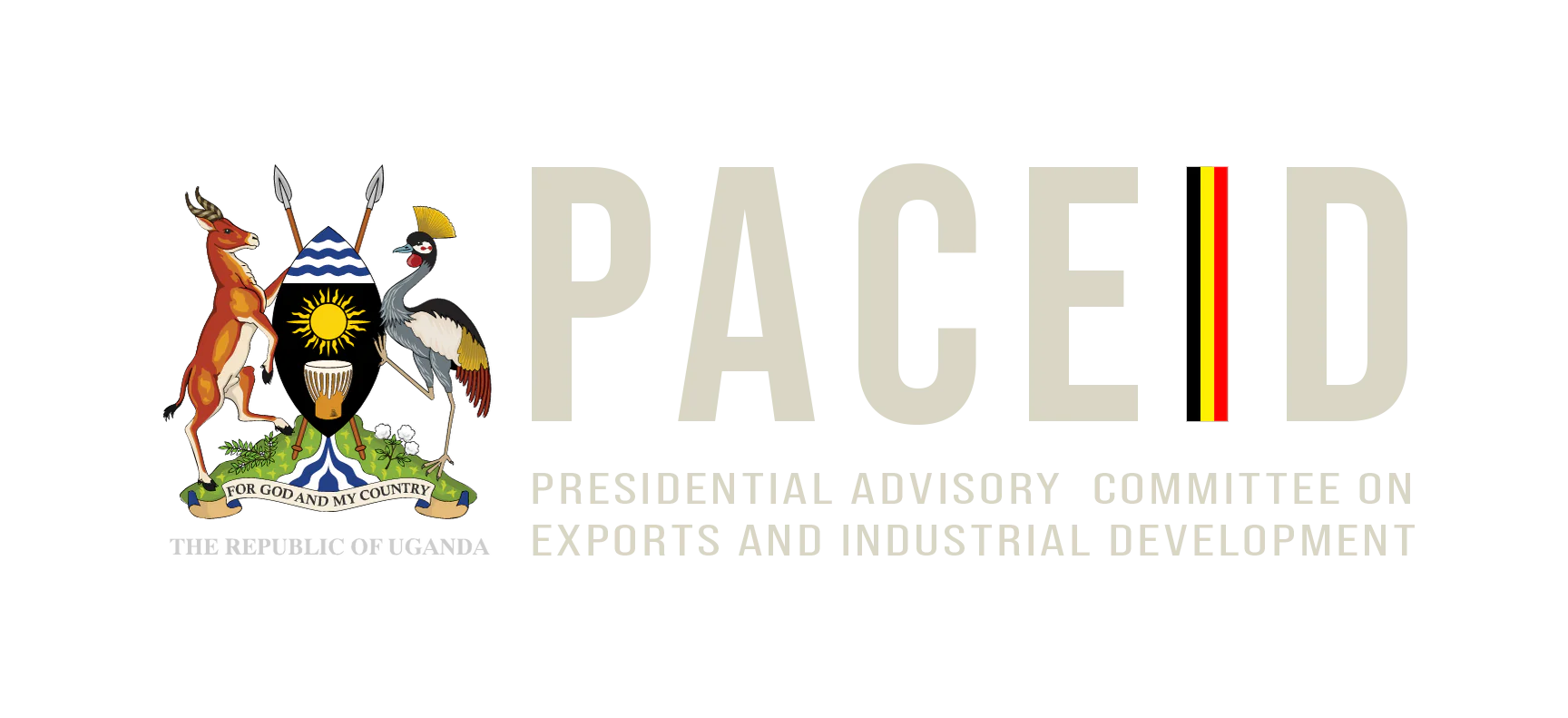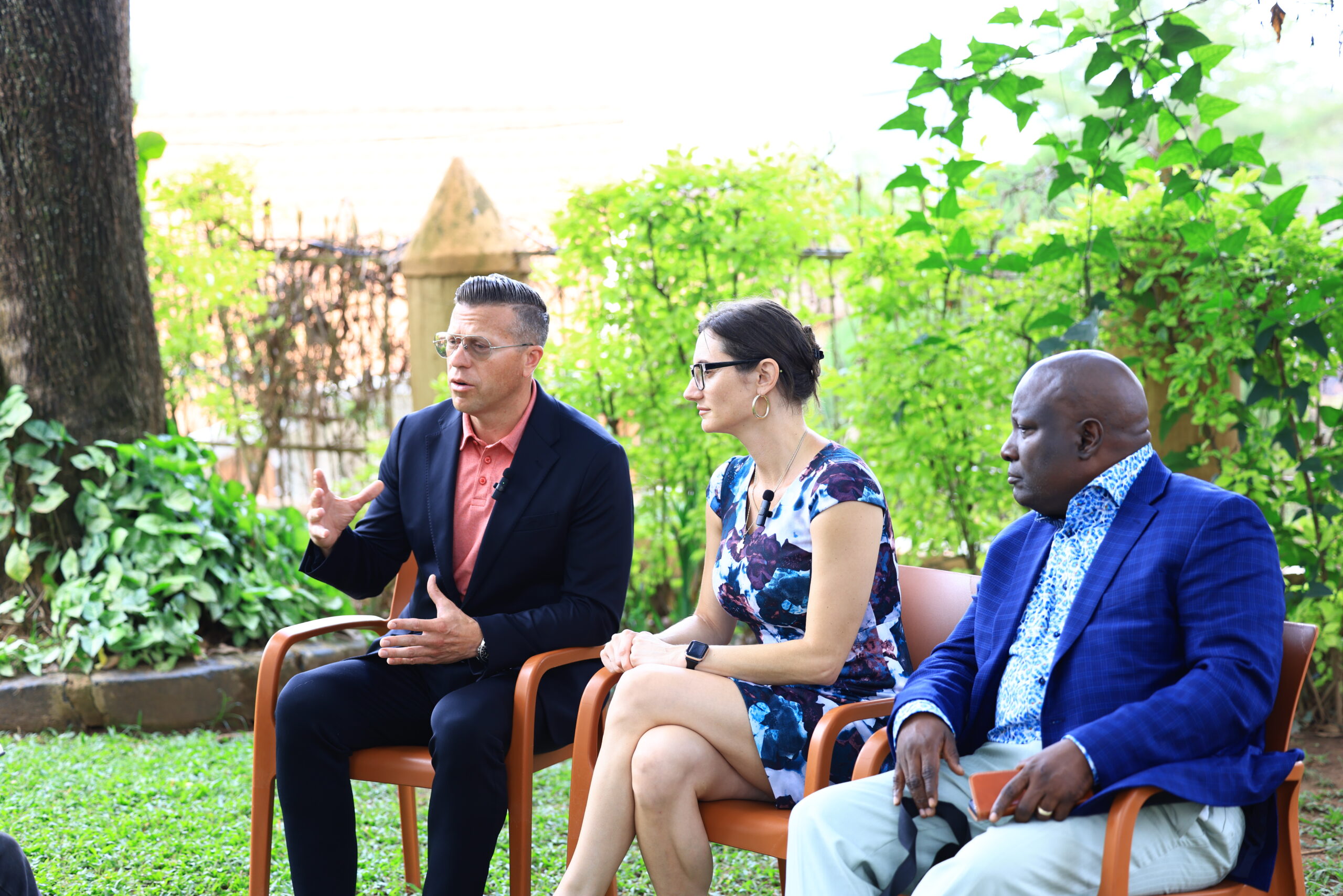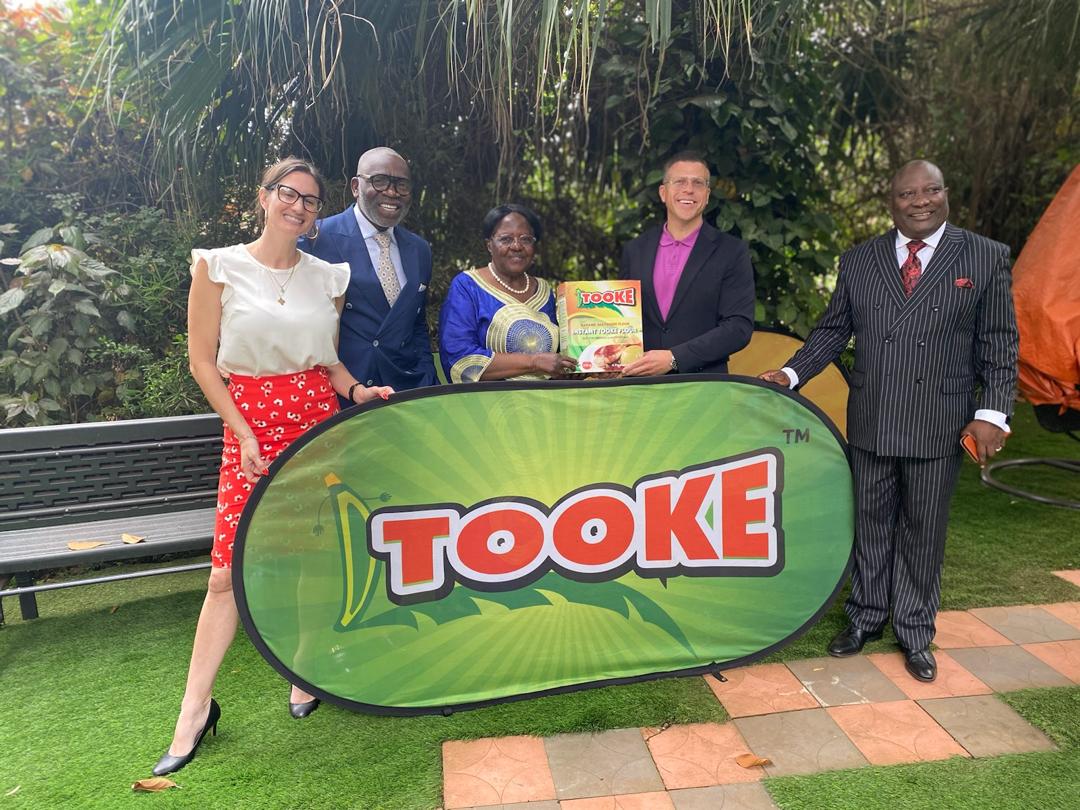Recent Posts
- PACEID LAUNCHES UGANDA CONNECT INTERNATIONAL BUYERS’ WEEK TO BOOST GLOBAL TRADE PARTNERSHIPS
- Uganda’s Exports Surge to USD 9.4 Billion as PACEID Expands Global Market Presence
- FISH FEED FACTORY OPENS NEW ERA FOR UGANDA’S AQUACULTURE
- 11 OUTSTANDING ELDERS TO BE RECOGNIZED AT THE 3RD NATIONAL MENTORSHIP AWARDS 2025
- Rwabwogo Launches Farmer-Focused Radio Show to Boost Uganda’s Export Readiness


